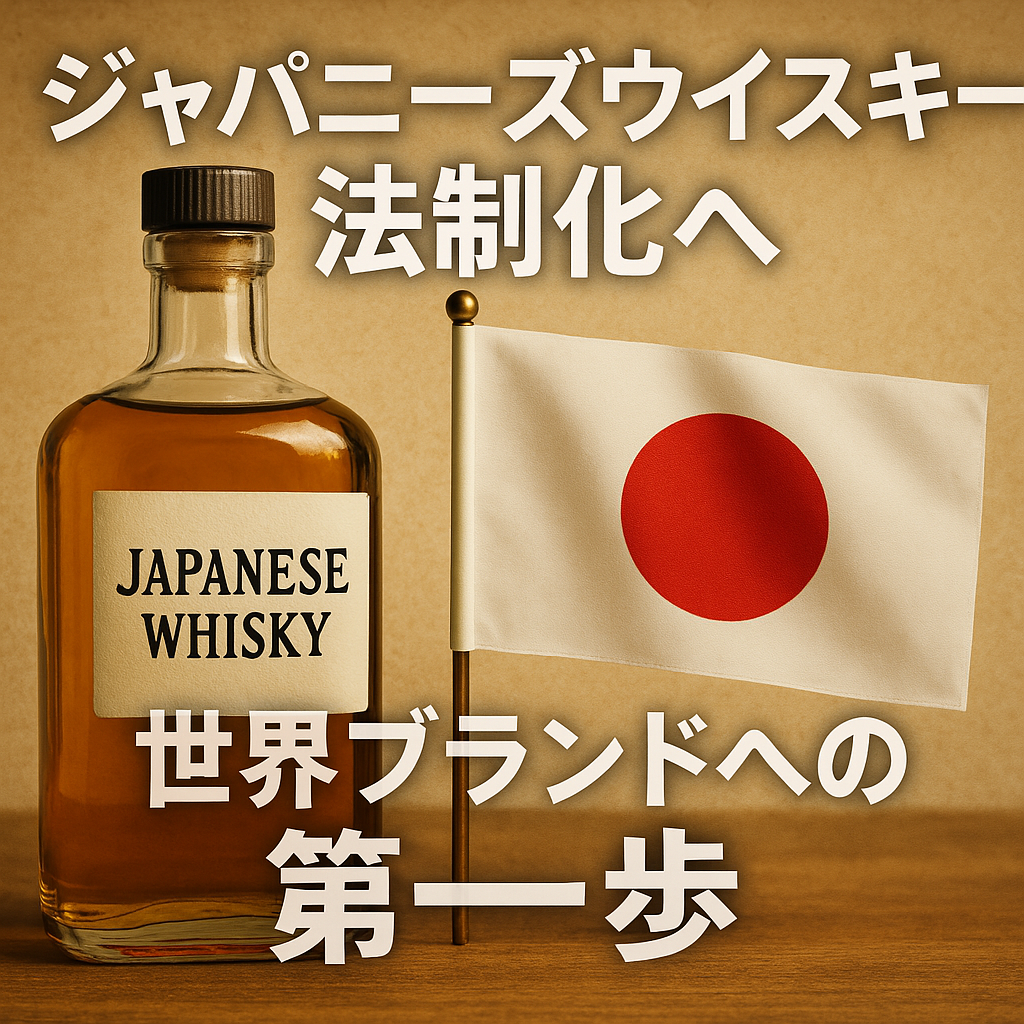What Is Japanese Whisky?
In recent years, “Japanese whisky” has captured the attention of whisky enthusiasts around the world. Its delicate flavor, masterful craftsmanship, and the unique aroma born from Japan’s climate and culture have given it a presence on par with Scotch and Bourbon.
But is all the “Japanese whisky” on the market truly made in Japan?
From Voluntary Standards to Legal Enforcement — The Background and Significance
In 2024, the Japan Spirits & Liqueurs Makers Association established voluntary standards that clearly define Japanese whisky as being made with water sourced in Japan and aged for at least three years at a domestic distillery. However, these standards currently lack legal enforcement, and in reality, there are products labeled “Japanese” that contain a significant portion of whisky imported from abroad.
If this continues, consumer trust in Japanese whisky may erode. The association’s push for legal enforcement stems from a strong sense of urgency to “enhance brand credibility” and “prevent the spread of imitation products.”
Protection Systems Similar to Sake and Wine
In the realms of sake and wine, geographical indication (GI) systems are already in place to protect origin and ensure quality through established rules. If whisky were afforded similar protections, it could further flourish as a global brand that proudly represents Japan’s spirit of craftsmanship.
20% Outside the Definition? The Reality of Overseas Markets
According to a 2023 survey by the association, around 20% of products labeled as Japanese whisky on store shelves in cities like Los Angeles and New York did not meet the defined standards. This underscores a troubling reality: consumers are purchasing what they believe to be authentic Japanese whisky, when in fact, it may not be.
Challenges and Expectations Going Forward
Legal enforcement will take time and effort. Numerous challenges lie ahead, such as aligning interests with existing producers, ensuring international consistency, and designing a solid legal framework. Yet, if successful, the term “Japanese whisky” will become more than just a label—it will serve as a guarantee of quality.
Not only for whisky, but for all “Made in Japan” products, such systems and a commitment to authenticity are essential for protecting Japan’s reputation.
In Conclusion
The day when “Japanese whisky” is truly recognized and appreciated around the world may not be far off. As consumers, we too should listen to the stories behind the label and develop an eye for discerning true value.

